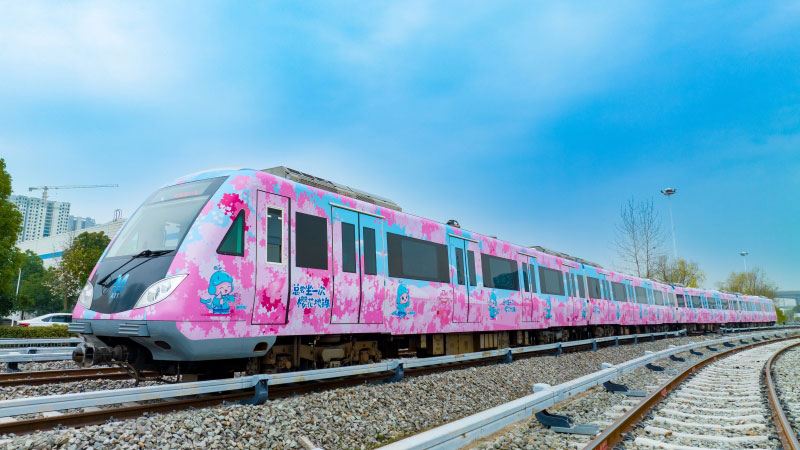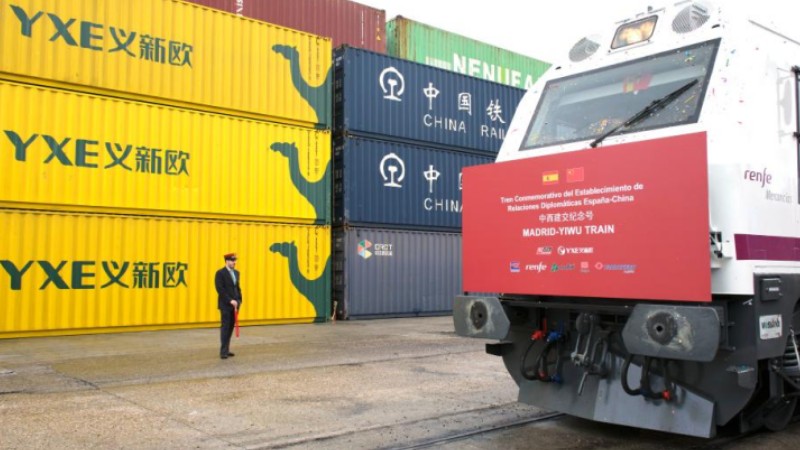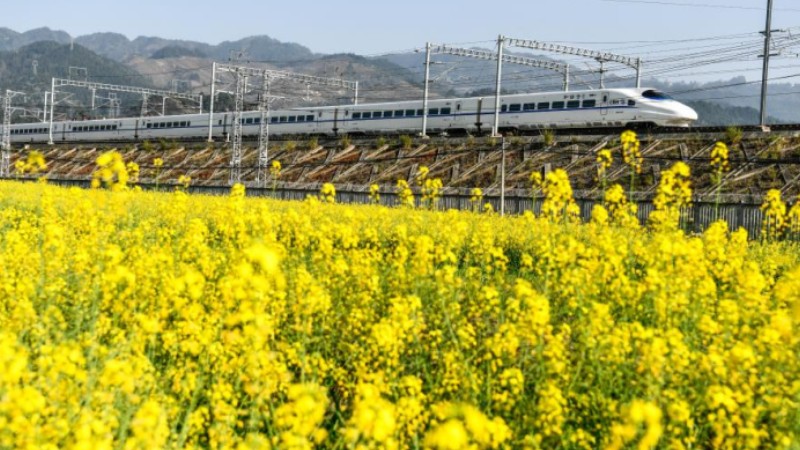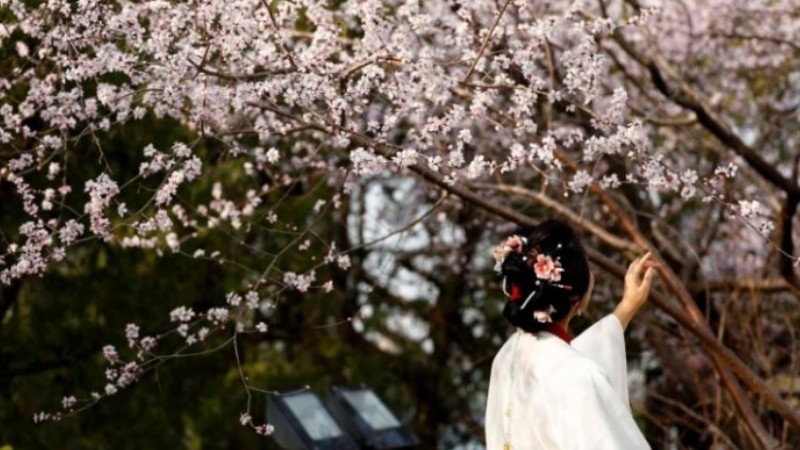Interview: China's path to modernization congruent with its culture: renowned British sociologist
LONDON, March 10 (Xinhua) -- China has blazed a path to modernization that suits its society and harmonizes with the environment, a renowned British sociologist has said.
"There are two things (about the Chinese path to modernization) which stand out for me: the scale of the task with such a large population on one side, harmony with nature on the other," Martin Albrow, a fellow of the British Academy of Social Sciences, told Xinhua in an exclusive interview.
Albrow said that, given the sheer size of China's population, the amazing pace of its modernization has greatly impressed him.
Harmony between humanity and nature is a theme that goes back millennia into Chinese history, the sociologist said. "It shows that the emphasis China gives to that means that modernization does not discard the past; it adopts the past and carries the past forward."
"Modernization is congruent with the culture of China itself," Albrow said.
The Chinese path to modernization is the modernization of a huge population, common prosperity for all, material and cultural-ethical advancement, harmony between humanity and nature, and peaceful development, he said.
Albrow explained that modernization means applying science and technology to human organizations.
"On the back of the development of modern technologies, modernization allows countries to take their own culture forward," he said. "Every country is able to develop modernity in the way that suits its own culture."
"China has given an example to the world of how you can have a culturally-led modernization program," he added.
Albrow, author of the book China and the Shared Human Future: Exploring Common Values and Goals, said that as the world turns its attention to the ongoing "two sessions" held in Beijing, it's important for China to demonstrate that "democracy comes in many different forms" and that "China is moving forward all the time."
The "two sessions" refer to the annual meetings of the National People's Congress, the country's national legislature, and the National Committee of the Chinese People's Political Consultative Conference, the top political advisory body.
"The Chinese version of democracy is one which enlists the support of the whole population, through the efforts of the Communist Party of China to produce a coherent approach to the rest of the world," he said. "China's form of democracy is an evolving form of discussion and debate, but one which is built upon the consensus of society as a whole."
"It's a profound kind of democracy and very different from the kinds which exist in so many Western countries, the kinds of democracies that exist, for instance, (in) the United Kingdom or the United States, ones which tend to produce disagreements" and make it difficult for a country to take any single path into the future, despite its continual debate and discussion about how to go forward, according to Albrow.
"Democracy is not a stable condition; democracy is something which is continually moving forward," he continued, adding that "China is in a position now, in this particular 'two sessions', to take us forward again, with well-judged reforms of its own system."
Albrow is confident in the CPC's resolve to further reforms that will remove institutional obstacles to fulfill Chinese modernization. Over the past decades, the CPC has shown the courage to develop and introduce changes and reforms, he said. "I have no reason to think it can't do it in the future."
Photos
Related Stories
- How to view Chinese modernization | To pursue common prosperity of all human beings: Chinese expert
- How to view Chinese modernization | Uniqueness: Chinese expert
- Commentary: State Council institutions reform a crucial step in China's governance modernization
- China to make greater contributions to world peace, development
- Chinese modernization provides important inspirations for world: FM
Copyright © 2023 People's Daily Online. All Rights Reserved.









